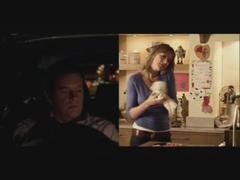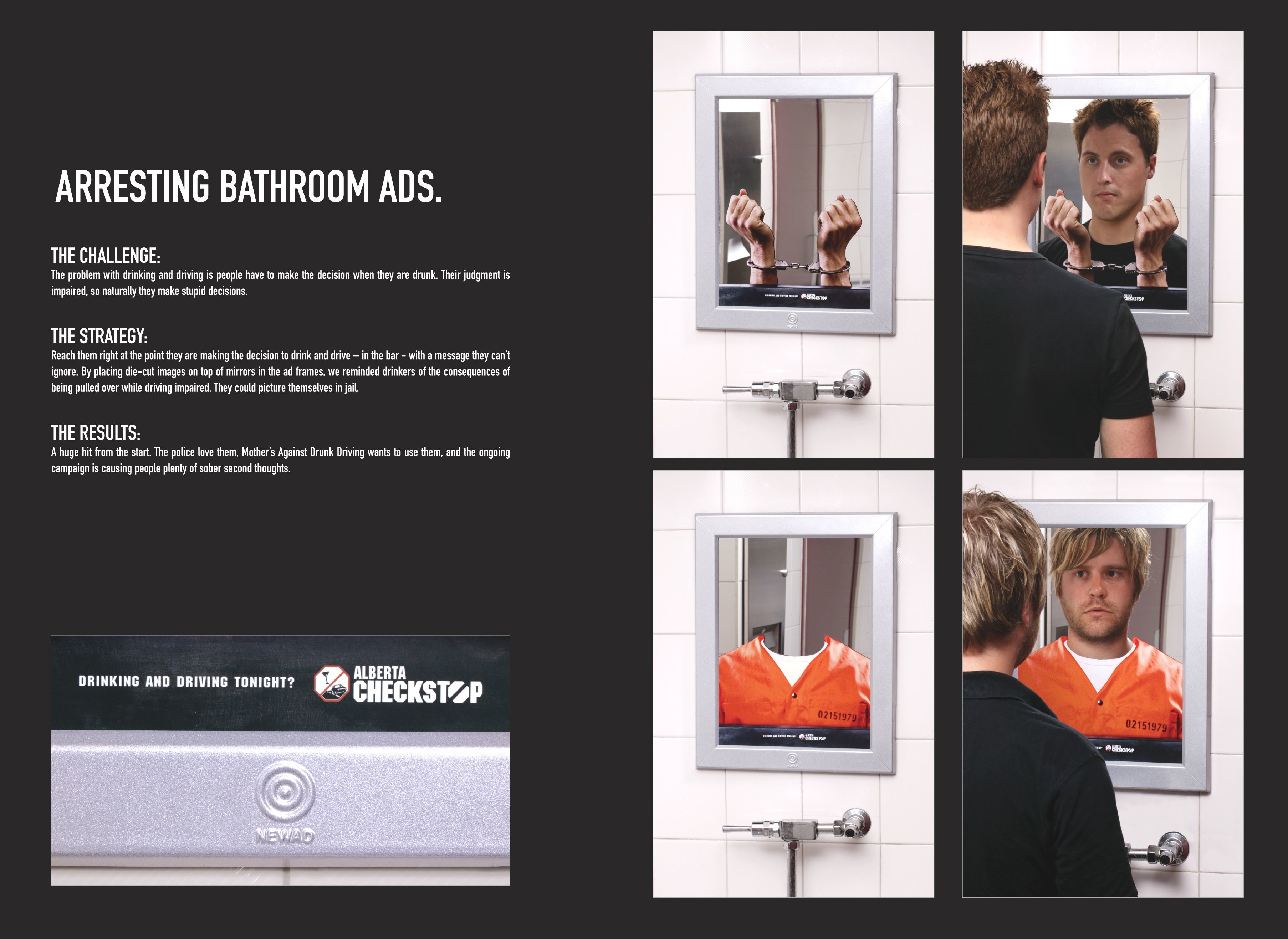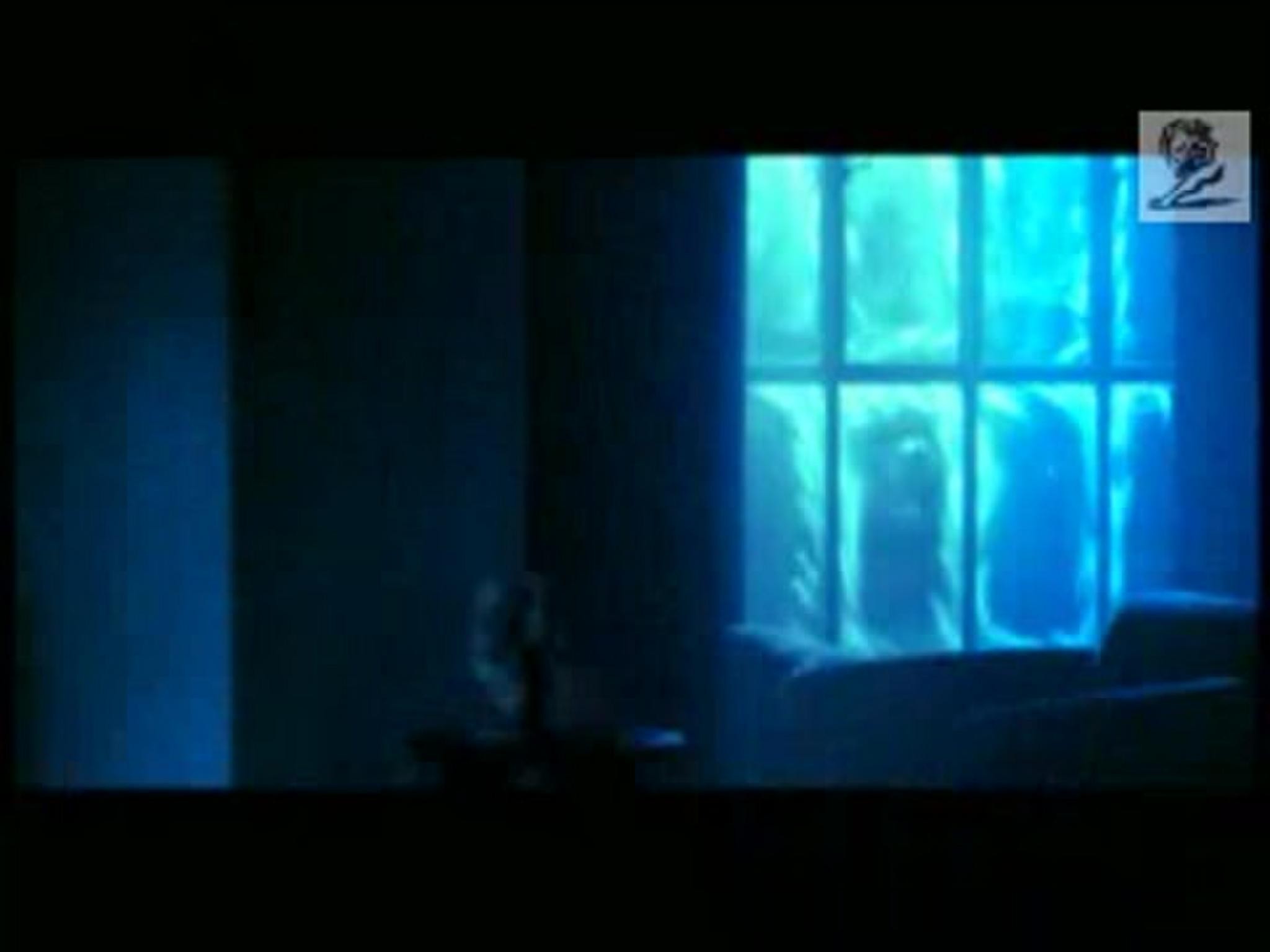Cannes Lions
Pint Block
VMLY&R, London / DEPARTMENT FOR TRANSPORT / 2020

Overview
Entries
Credits
Overview
Background
THINK! is a well-established brand in the UK, their aim to reduce the number of people killed and seriously injured on the road has a long track record of effectiveness and, overall, Britain has one of the best road safety records in the world.
But in back 2017, before we began working together, the number of people killed or injured in accidents involving a drink-driver had stopped declining and plateaued at around 8,600 people per year. This number had remained about the same since 1991.
Traditionally, UK road safety campaigns focused on the dire consequences of drink-driving, but amongst this targeting ‘invincible’ young male audiences had increasingly less impact over recent years.
In fact, In the UK, 60 drivers aged 17-24 are killed or seriously injured each month due to drink-driving. We needed to find a new way to stop this audience getting behind the wheel after a drink.
Idea
When it comes to drink-driving, young men don't listen to the government. But they will listen to their mates.
So, we decided to use their influence as a force for good: turning mates from beery-eyed instigators into in-the-moment enforcers of better behaviour. We chose to hijack banter culture to help lads intervene positively and break through masculine norms.
It was important for us to further develop the role and voice we created for THINK!, embodying a peer-led tone that enabled young men to help each other, in their own humour and language.
So, to do this, we created Pint Blocks. 60 ways to stop your mate having a pint and getting behind the wheel, with the message ‘a mate doesn’t let a mate drink drive’. That's one Pint Block for every young person killed or seriously injured, each month, in a drink driving-related accident.
Strategy
An analysis of government accident data and comparative media analysis allowed us to hone in on how we could reach our target audience most effectively.
We partnered with a research agency to set up an innovative behavioural study, where, using first party-video footage, we followed the journeys of young men on their nights out. They allowed us to see into their personal environments where we exposed the complex dynamics of masculinity influencing their attitudes and behaviours around driving, and the humour and banter that brought them together as a group in a relaxed, open and honest way.
Our task became to break down the toxic masculine norms around drink-driving, we found that although young men knew it was wrong that their friends drove after drinking, they found it hard to find a way to intervene. These insights, alongside research, helped guide creative ideas as we honed in on Pint Block.
Execution
We collaborated with young UK illustrators to bring our 60 Pint Blocks to life. They helped us to create 60 illustrations to help deliver our message - ‘a mate doesn’t let mate drink-drive’.
To launch the campaign, we opened the world’s first pub where you couldn’t finish your drink. It was part bar, part game, part exhibition where people could experience our Pint Block’s in real life and see the full impact of our poster campaign in one location.
We created noise and conversation amongst mates, peers and culture, all working together to normalise our message, whilst also targeting them in the moments that mattered, informed by our research data.
The versatile format of illustrations allowed us to be present beyond social media and close to the ‘point-of-pint’ – with our posters in pubs, bars, football and cricket clubs. We’re under the noses of drinkers at just the right time.
Outcome
Pint Block videos and illustrations were viewed over 12 million times, triggering increases in perceived unacceptability across all drink-drive metrics.
84% of young males considered letting a mate drive after drinking unacceptable and 82% found it unacceptable to let a friend drink alcohol if they were driving afterwards (both up from 75% pre-campaign).
The campaign met targets for increasing personal willingness to both intervene and not drink and drive personally (71% and 47% respectively).
Most importantly, the campaign delivered the intended behavioural impact: over 50% of young men said they were more likely to stop a mate drink-driving, contributing to the biggest shift in over a decade in young men’s attitudes towards drink-driving.
Not only that, the year the campaign ran contributed to an 8% decrease in the number of casualties involving a driver over the limit that year, the lowest ever recorded number since records began.
Similar Campaigns
12 items







